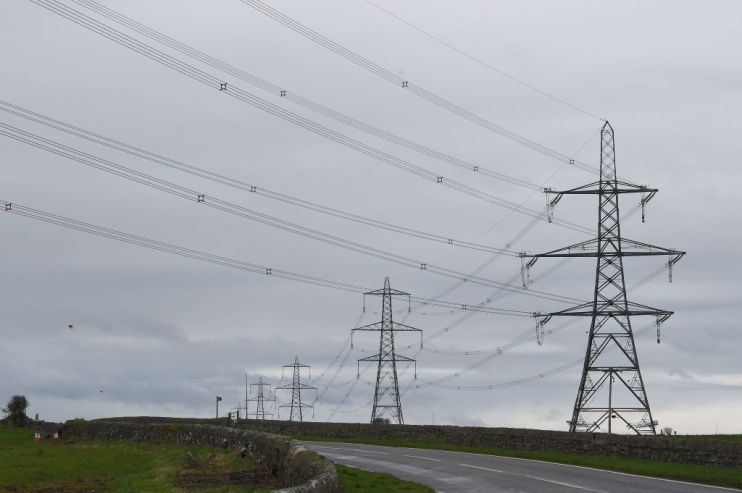SSE fined £2m by Ofgem over ‘inside information’ failings

SSE has been fined £2.1m by Ofgem for failing to publish inside information about the wholesale energy market.
The FTSE 100 energy firm failed to publish timely information about the future availability of its generation capacity, the regulator said.
This was likely to have had a “significant” effect on forward wholesale electricity prices, it added.
The fine relates to an agreement between SSE and National Grid made on 22 March 2016.
SSE had said that its three generating units at Fiddler’s Ferry power station were likely to close, but then signed a deal with National Grid to provide power from the site.
With a combined generating capacity equivalent to three per cent of Britain’s peak electricity demand, this had a significant impact on supply and demand and therefore affected wholesale prices, Ofgem said.
The regulator’s investigation found that the agreement reversed the likelihood of the generating units closing and was therefore considered inside information.
SSE did not announce the agreement until 30 March, which Ofgem said did not constitute publication in a timely manner.
“SSE’s failure to publish inside information in a timely and effective manner resulted in market participants trading for four working days under a false impression of supply availability in Britain’s electricity market,” said Ofgem boss Jonathan Brearley.
“This meant that market participants were likely to have paid higher prices than they needed to, and risked undermining confidence in the wholesale electricity market.”
Ofgem said SSE had fully cooperated with its investigation, meaning it qualified for a 30 per cent discount for early settlement from the proposed £2.6m fine.
“SSE takes its market disclosures extremely seriously and acted in good faith, publishing details of the ‘Black Start’ contract for Fiddlers Ferry power station once signed, in line with our interpretation of the REMIT regulations at the time,” said Martin Pibworth, SSE’s energy director.
“We subsequently understood that Ofgem’s interpretation required disclosure to the market at an earlier stage. We admit that our approach was not in line with this requirement.”